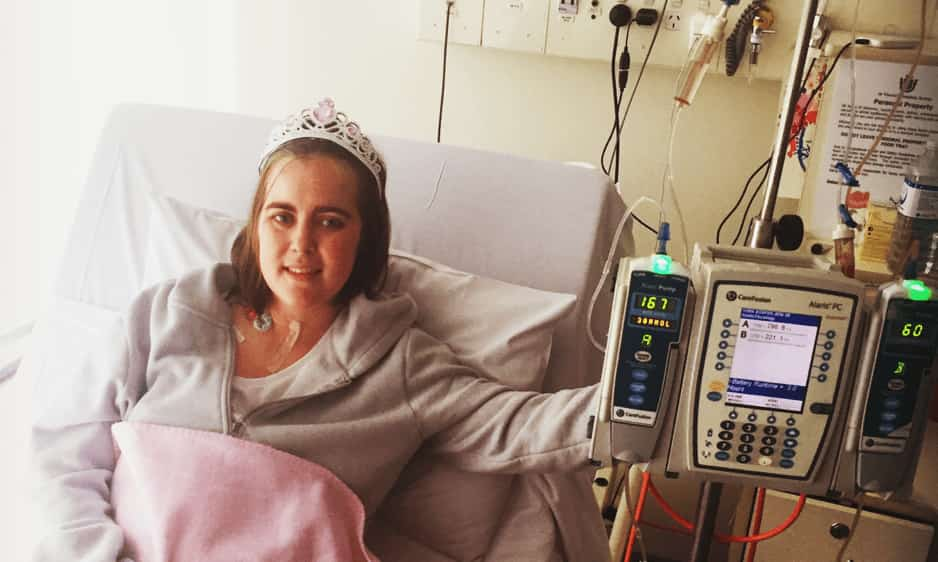“I wish I’d known laughter really is the best medicine”
Luci Sheppard was a healthy 28-year-old living the life over in the UK when she was suddenly “struck weak at the knee’s” by a blood disorder leading to a second blood cancer diagnosis.
“I was travelling, going on new adventures and excited for everything ahead of me,” remembers Luci.
“Then I just started to feel seriously unwell… I had a heap of bruises; my period was beyond heavy and I was struggling to walk without stopping.
“While it seemed out of nowhere, in the lead up I did have nose, gum and ear bleeds but I just didn’t think anything of it.”
After numerous trips to the GP Luci was finally admitted to hospital and immediately attached to blood bags.
“After a month of countless transfusions, biopsies and scary conversations I received my diagnosis – I had aplastic anaemia.”
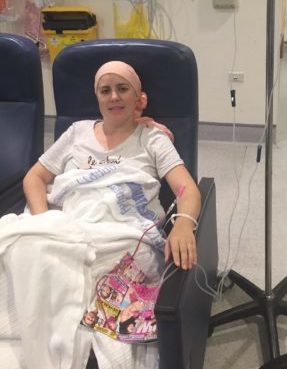
Aplastic anaemia is a rare disorder in which the bone marrow fails to produce enough blood cells. This happens because the normal blood forming cells (stem cells) are replaced by abnormal fat cells.
Although aplastic anaemia is not a malignant disease (cancer) it can be very serious, especially if the bone marrow is severely affected and there are very few blood cells left in circulation.
Luci returned to Australia to start her treatment with Anti-Thymocyte Globulin (ATG) therapy.
ATG works by killing specific cells in your immune system called T-lymphocytes — the cells that are attacking bone marrow stem cells in aplastic anaemia.
This allows an aplastic anaemia patient’s bone marrow to rebuild its supply of bone marrow stem cells, causing blood counts to go up.
“I spent two weeks in St Vincent’s Hospital with lovely people – the doctors and nurses were amazing,” said Luci. “But it was tough, the steroids made me irrational, irritable and not the loveliest person to be around.”
After two years, when Luci was 30 years old, it was deemed the ATG therapy had failed and she would need to undergo the dreaded bone marrow transplant
“Along with chemo and every drug ender the sun, and of course, IVF to preserve my fertility,” said Luci.
“The transplant worked, but not without more rounds of chemo and a further diagnosis of lymphoma.
“I didn’t look or feel like myself, it was horrid. I had gained 25kgs, my long-term relationship had diminished, I lost my hair, slept all day and was vomiting constantly.
“Mentally, I wasn’t myself either and it was hard to watch those who loved me be worried all the time.
“They would spend their days coming in and out of the hospital to take care of me, but I was so out of it I couldn’t even watch TV.
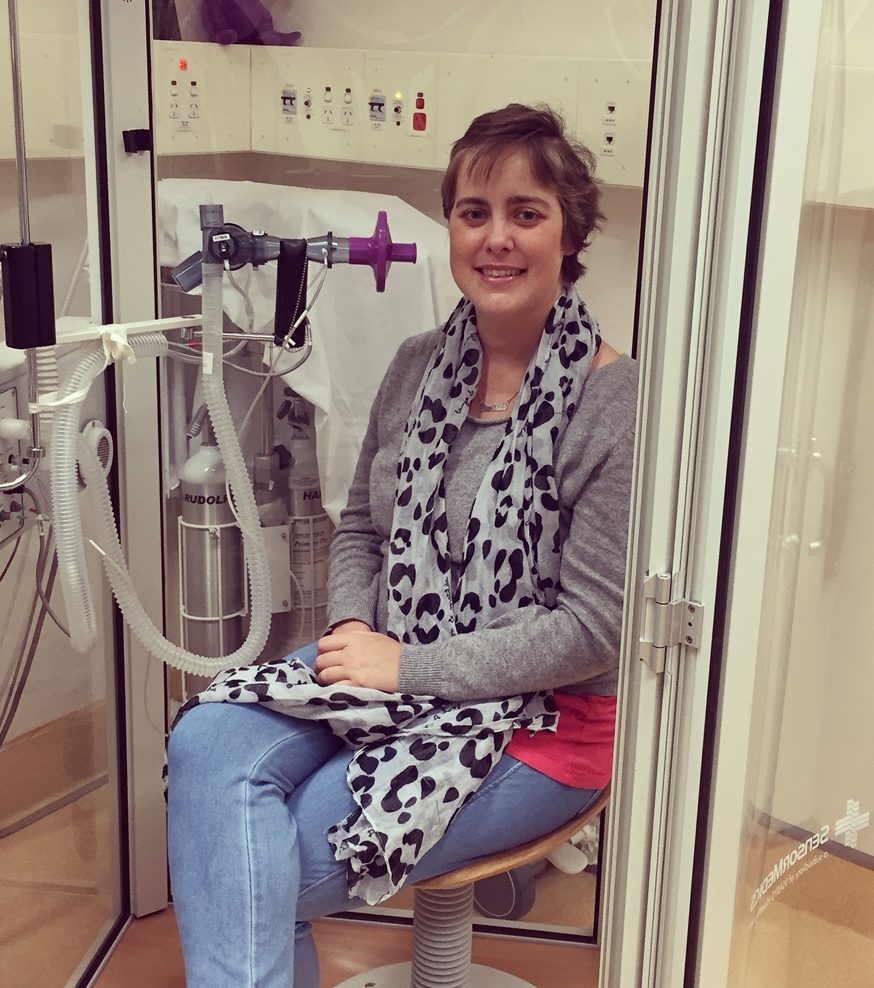
“Still, it could’ve been worse – I was one of the lucky ones.”
Luci’s advice to others going through a diagnosis; trust your gut more, prepare your body and mind for a tough fight and laughter is the best medicine.
“I wish I’d pushed back more when the GP’s or emergency department who turned me away,” explains Luci. “I was often back three days later and then admitted for something serious.”
“I wish I’d known how badly the drugs would affect my body, both mentally and physically.
“Finally, I wished I’d known that laughter really is the best medicine, then I could’ve told others what I needed. It really does help to have silly jokes when you are down.”
Now at 34 years old, Luci is getting back to living her life to the fullest.
“I still have monthly blood transfusions and lung check-ups every year, but I now have a job in communications and my long blonde hair has grown back,” said Luci.
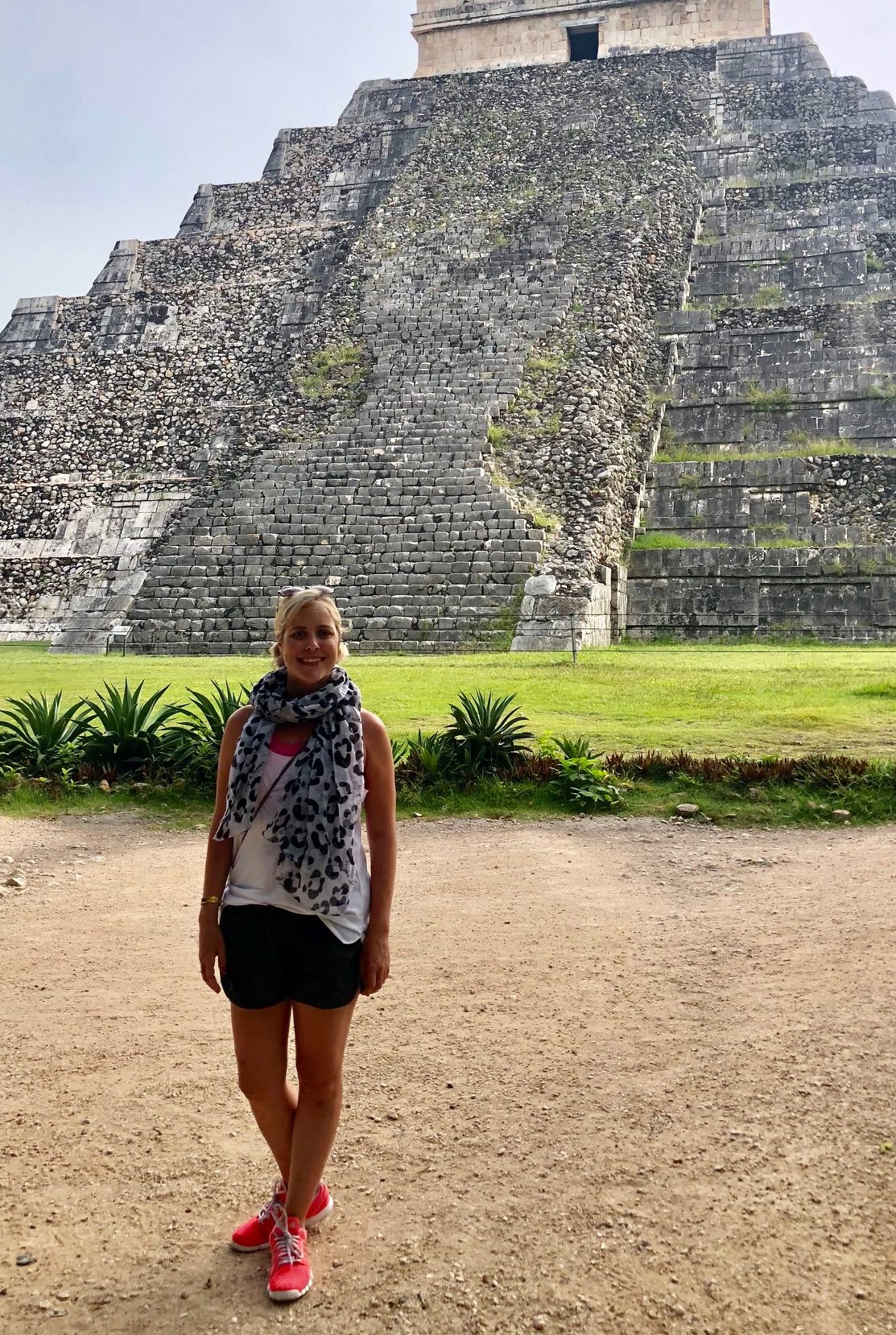
“Not that that stopped me – I didn’t miss any of my best friend’s weddings and rocked the bald head as maid of honour by my sister’s side.”
Luci greatly appreciated the support of the Leukaemia Foundation throughout her treatment and has now committed to helping others going through the same journey.
“I did admin work at the Leukemia Foundation offices when I wasn’t well enough to work elsewhere,” said Luci. “I’ve volunteered for both World’s Greatest Shave and Light the Night for years.
“I was also interviewed by the ABC when I was not long past chemo to demonstrate life after a transplant.
“I love to get involved, it’s very important to show others you can get through it and try to raise funds for such an important cause.’
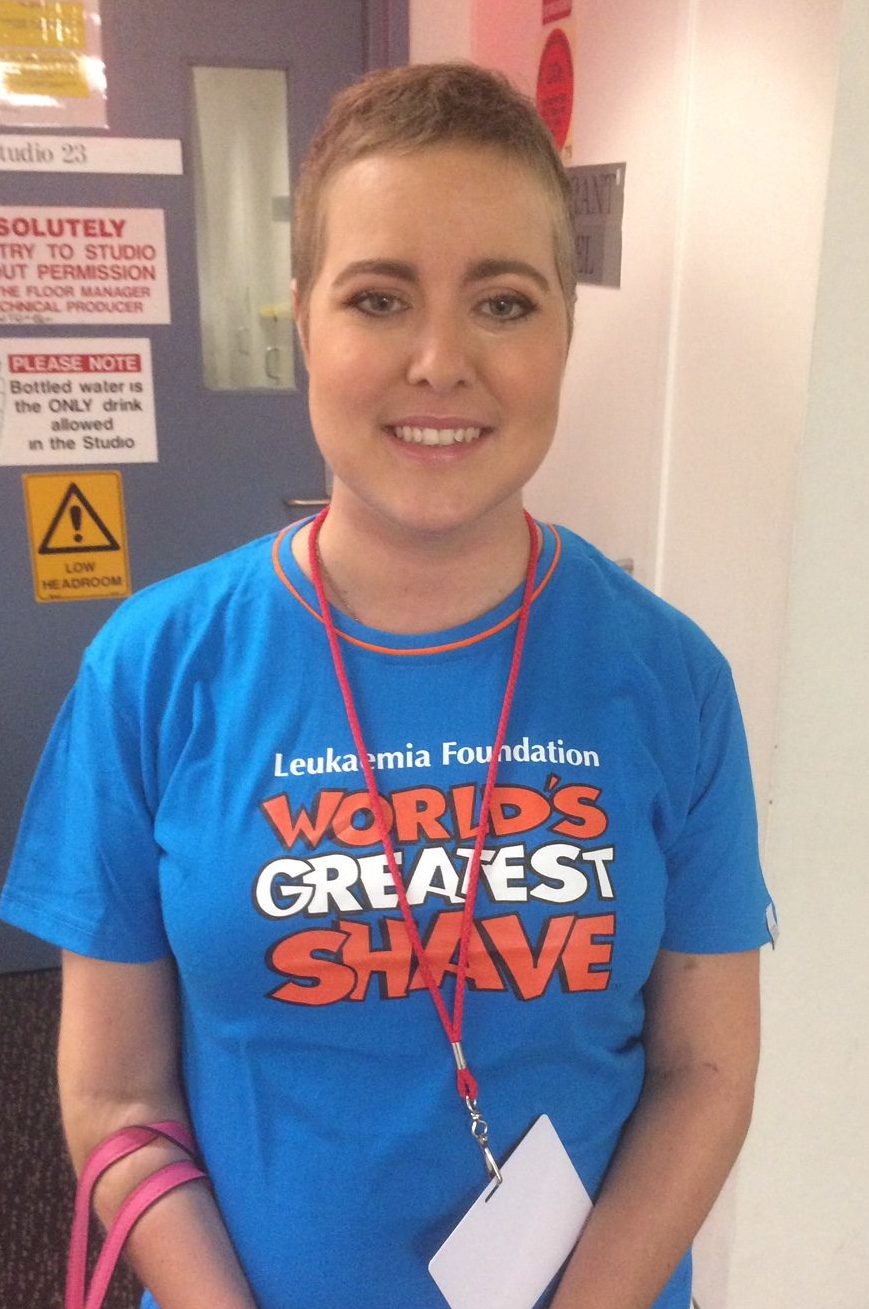
Luci’s hope for the future is that there will find a cure and treatment will be far less invasive
“The tubes, the transfusions, the veins, the injections, it’s a lot, but we get through it. I hope if a cure is not on the horizon then at least we can work for better treatments for patients,” said Luci.
Last updated on July 7th, 2021
Developed by the Leukaemia Foundation in consultation with people living with a blood cancer, Leukaemia Foundation support staff, haematology nursing staff and/or Australian clinical haematologists. This content is provided for information purposes only and we urge you to always seek advice from a registered health care professional for diagnosis, treatment and answers to your medical questions, including the suitability of a particular therapy, service, product or treatment in your circumstances. The Leukaemia Foundation shall not bear any liability for any person relying on the materials contained on this website.